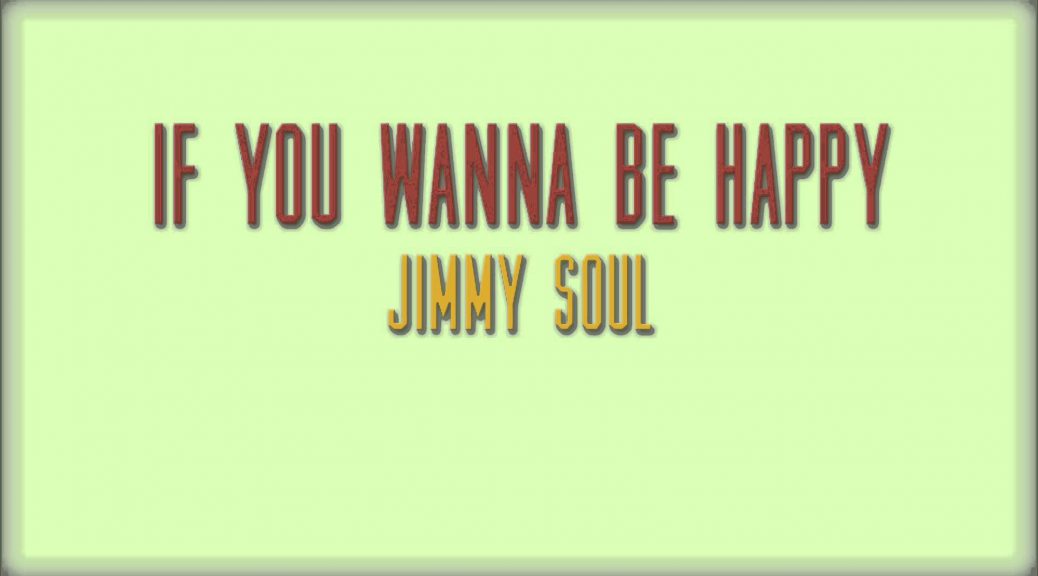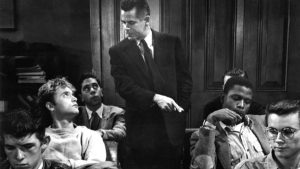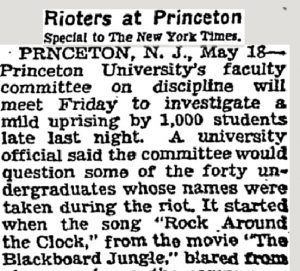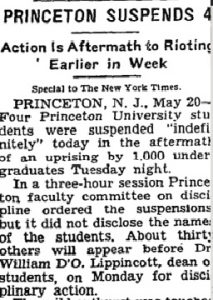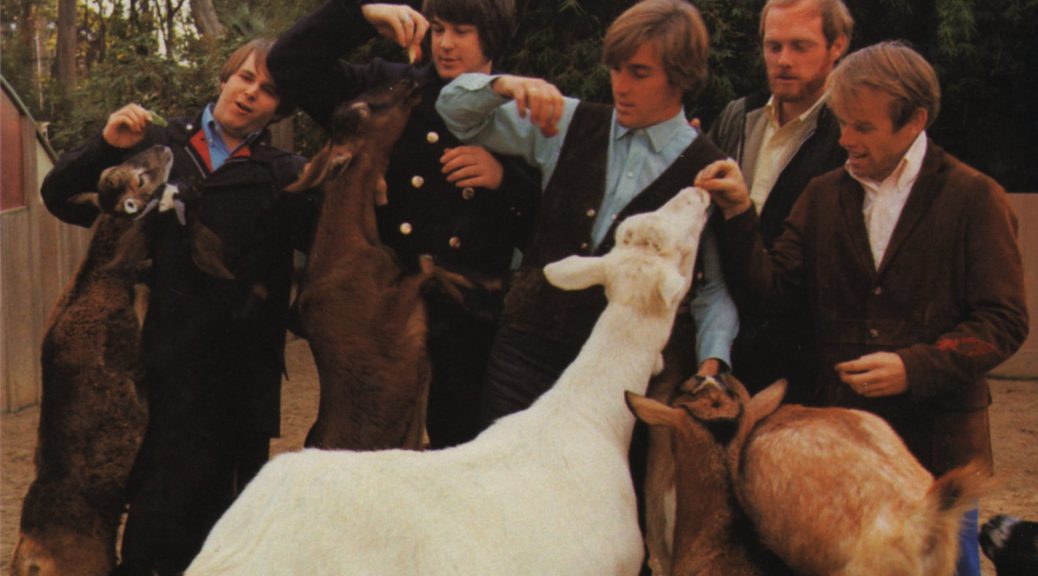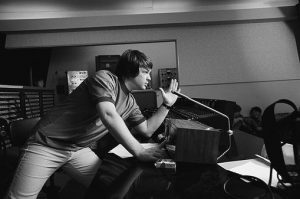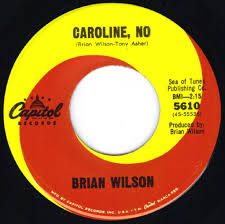Roaring Lion Jimmy Soul
If You Want To Be Happy
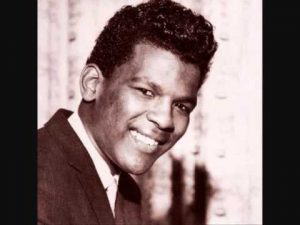
Roaring Lion Jimmy Soul
Blog side-effect
One of the interesting things about writing a blog that often involves hits of the mid-20th century is that a bit of research turns up facts that few if anyone knew at the time.
Roaring Lion Jimmy Soul
James Louis McClease
James Louis McCleese was born on August 24, 1942 in Weldon, NC. He was preaching by age 7 and performing as a teenager.
Frank Guida, the man who helped bring Gary US Bonds to fame, decided that Jimmy Soul, the name his congregation knew him as, could do as well.
He gave Jimmy the song “If You Want To Be Happy.” It had been a song Guida offered to Bonds, but Bonds declined.
On May 18, 1963 Jimmy Soul’s “If You Want To Be Happy” hit Billboard’s #1 spot.
Oh 1963! That pre-Beatle year. A year that began with “Telstar” at #1 (the Tornadoes were from the UK) and ended with “Dominique” (The Singing Nun was from Belgium) [Jeanine Deckers].
Roaring Lion Jimmy Soul
Soul Fame
It brought Soul fame.
The interesting piece that turns up is that Frank Guida’s song is a take-off (copy?) of a much earlier song: “Ugly Woman.”
Roaring Lion Jimmy Soul
Rafael de Leon
Rafael de Leon (“Roaring Lion”) was born on Trinidad, the same place that Guida was stationed during an Army stint and absorbing a style of music he came to love.
In 1934 de Leon released “Ugly Woman.” (Lion is also the singer of “Mary Ann.” (You KNOW this song…”All day all night Mary Ann, Down by the seaside sifting sand.”).
If you want to be happy and live a king’s life
Never make a pretty woman your wife
If you want to be happy and live a king’s life
Never make a pretty woman your wife
All you gotta do is just as I say
And then you would be jolly, merry and gay
That’s from a logical point of view
Always love a woman uglier than you.
Roaring Lion Jimmy Soul
Long and short
Roaring Lion had a long successful career and died in 1999 at the age of 91. (Best of Trinidad article)
Jimmy Soul’s song may have been like Roaring Lion’s, but Soul’s career and life was not.
After the success of “If You Want To Be Happy” Soul had no more. He eventually joined the Army. Soul died on June 15, 1988 at the age of 45. (Apparently, there is some confusion surrounding that date…see 45 cat Forum article.)
Surprisingly to me, the song has managed to stay afloat despite its irrational criticism of women. Perhaps our racism regarding “their” Calypso music and that it’s all fun for “them” persuades us that it’s a harmless song.

